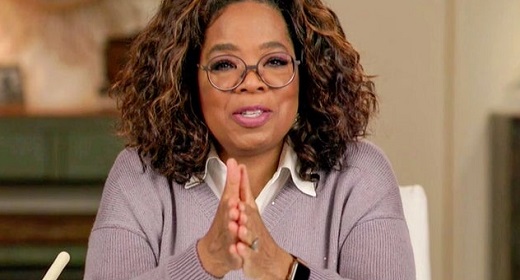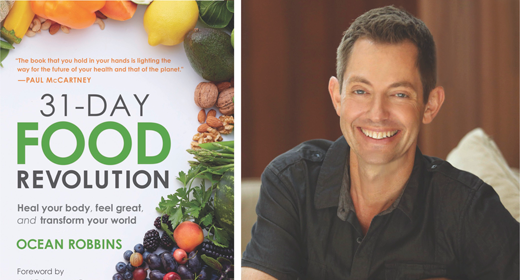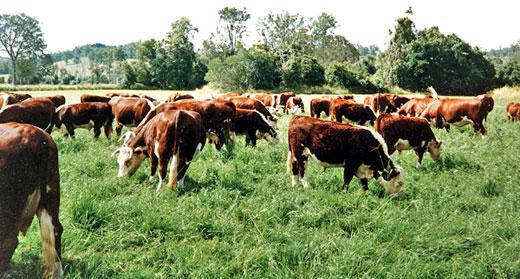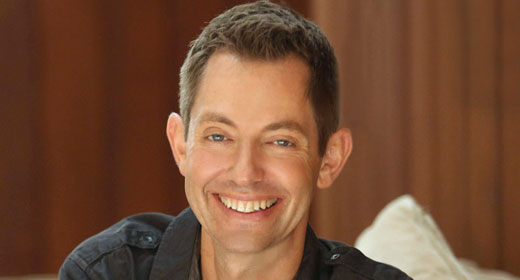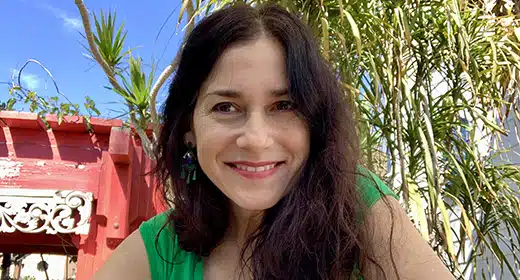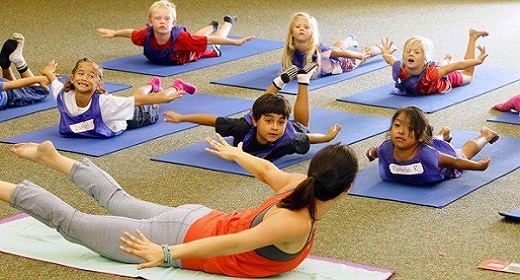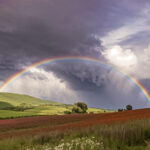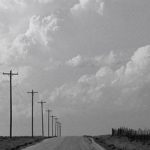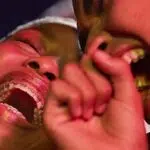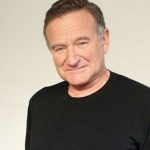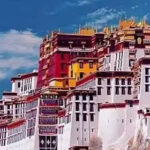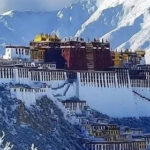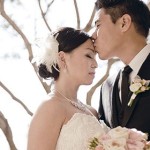by Mary Nurrie Sterns: Essential to our investigation of fear, courage, and the unknown is an exploration of spiritual awakening. 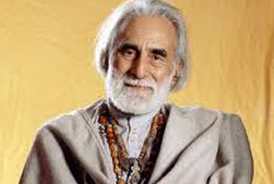 The respected Pir Vilayat Inayat Khan agreed to discuss this topic for us. He is the eldest son and spiritual successor to Pir-o-Murshid Inayat Khan, who founded the Sufi Order in the West in 1910.
The respected Pir Vilayat Inayat Khan agreed to discuss this topic for us. He is the eldest son and spiritual successor to Pir-o-Murshid Inayat Khan, who founded the Sufi Order in the West in 1910.
He became head of the Sufi Order in 1956. His latest book, “Awakening: A Sufi Experience,” is a lively and practical resource for self-transformation drawing on the principals of Sufism. This book, from the wisdom of an 83-year-old Sufi master, defines awakening and offers a clear map for the journey.
The following quote from his book sets the stage for spiritual work and shows the connection between fear, courage, and awakening. “Conscious evolution is humankind’s final frontier, the ultimate freedom sought by humanity since the dawn of time. The challenge seems to be one of overcoming the fear of the unexplored territory that lies ahead, and finding the courage and optimism to illuminate the spiritual dimension hidden within our nature.”
We asked him to contribute his insights on fear and courage and how they relate to awakening. To accommodate his busy travel schedule, we e-mailed a list of questions to him at his home in France, and he responded via e-mail. Following is a thought-provoking discussion that will shine light on your path.
Personal Transformation: What is fear and how are we to relate to fear that best serves our awakening?
Pir Vilayat: Fear is basically in built in our genetic programming and serves as an alarm system to preserve us from venturing into life-threatening situations, or from taking unwise risks. The instinct of self-preservation can equally operate in the fear of all species facing the inevitability of the affliction of death or disease. This is where the realization fostered by views in the realms of religion or spirituality may aver themselves to be helpful. Placing unquestioned faith in a religious dogma or doctrine, belief in divine compassion, or lending oneself over to the feared passage over the threshold lured by the promise of resurrection, will provide one with a sometimes questionable consolation. Although having grown out of the seed-bed of religion, spirituality offers actual practices to prepare oneself for death. “The Tibetan Book of the Dead” is an example of a process prescribed by contemplatives. The meditations of the Sufis provide guidelines to ensure the passage over the threshold, from life to life after life.
Transformation: How do you describe courage?
Pir Vilayat: Courage is taking a calculated risk which is difficult to evaluate, accepting the possibility of failure and even the punishment of death because one estimates that what one values is definitely worth taking that risk.
Transformation: How do we recognize courage?
Pir Vilayat: You find courage mostly amongst people who have a very strong dedication to values that they place above personal needs.
Transformation: How are we to relate to courage that best serves our awakening?
Pir Vilayat: Traditionally, in esoteric schools one pursues awakening, culminating in illumination, which is defined as a new way of looking at things highlighting meaningfulness that is not obvious in the commonplace. Whereas there is a knowledge that is acquired by doing, (rather than assuming that one needs to know before doing) so courage is in the realm of doing, and in the course of doing one discovers a meaningfulness that one had not seen before. In this courageous action is inherent an act of faith, and it is the intuition of this meaningfulness that triggered off the action that sparks one’s faith.
Transformation: What do you mean by “awakening?”
Pir Vilayat: Awakening is shifting the focus of one’s consciousness from the commonplace perspective to a more encompassing and meaningful grasp of what is enacted in life. It requires down playing one perspective and highlighting another perspective that is either more encompassing (cosmic), or more internal (implied), and is of the nature of an archetype rather than an exemplar (transcendent). Also, it is opening one’s horizon to an overview where we see the way of the programming of the universe is actuated in the existential state.
Transformation: How does awakening relate to conscious evolution?
Pir Vilayat: As my father, Pir-o-Murshid Inayat Khan says, every atom, every plant, matter in general, every being is in the process of awakening and carries within itself a nostalgia to emerge out of the confines of the perspective of its limited consciousness. If you look at evolution, it is clear that consciousness awakens in the course of time, sometimes in a quantum leap.
For example, Schroedinger showed in inorganic matter the components of matter are rather like wallpaper, where there’s a lot of repetitiveness. Whereas in organic matter, items for example molecules are diversified from each other, and therefore offer the possibility of cooperating by completing each other. This therefore enlists a more sophisticated infrastructure for the awakening of consciousness.
Transformation: What’s the connection between awakening and conscious evolution.
Pir Vilayat: This is the key question upon which I am very sensitive. I think it is preposterous to claim to be co-creators with God. The way I put it is that the whole purpose of the existential state is that the originating will of the Universe (I use the word Universe instead of God) is enriched by being diversified, (rather than fragmented) so there is a delegation of onus for the programming to each fragment of the totality. Consequently, the Universe gains a richness, which though latent could not have been actuated if it were not for the delegation of the total will of the Universe (within limits). The drawback is that from the time one grants a measure of freedom of incentive, to people for example, they can go as far as deciding things in a way that goes counter to their original assignment. This is obvious in our world. The advantage can be illustrated in variations on a theme in music where composers not only bring out latent potentialities within a theme, but even enrich a theme.
Transformation: Discuss overcoming fear of the unexplored territory as it relates to courage.
Pir Vilayat: I quote a saying of the mathematician/physicist, Euler, “The pull of the future is stronger than the push of the past.” Conditioning is the most basic feature of the programming of the Universe, consequently we are conditioned, and ultimately we incur the constraint of our conditioning to a very large extent in our body functions, our thinking, our emotions, our intentions, and so on.
The objective of spirituality is to contrive to overcome conditioning as much as possible, which means finding a measure of freedom in our behavior, and thinking, and emoting, and incentive. This is particularly applied in our creativity, for creativity sparks our enthusiasm; it opens up perspectives we hadn’t seen before, and points to how things would be if they would be as they could be, thus relieving us from the constraint of sclerosed situations, or thinking that has gelled into the commonplace. Our projections of how things could be is a feature of our freedom from conditioning, and is the power that has moved evolution in the course of time, and carries with it an emotion of enthusiasm and confidence. It is clear how very different this way of thinking is from the outdated Darwinian concept, according to which the future is determined by the past. These are the new perspectives in science, some pioneered by Dr. Prigogyne, which gives a place in science for the non-determined.
Transformation: Share with us your thoughts on Divine point of view.
Pir Vilayat: I consider what we commonly call the personal point of view and the Divine point of view as the two poles of our own thinking. This results from not envisioning God as other in ourselves. Paradoxically, one pole of our being is personal and the other is impersonal, one might call it the point of view of the Universe. One learns how to shift one’s consciousness into the vantage point of another person. Eventually, as St. Francis said, instead of thinking that one is looking at the cosmos, one realizes that the cosmos is looking at one. This regards the cosmic dimension of consciousness. In the transcendent dimension, we may envision the universe as a total being, endowed with intelligence, consciousness, intention, emotion, bodyness. We have the possibility of shifting our consciousness into the vantage point of the Universe in infinite regress, that is, we can never reach it totally. I am paraphrasing the teachings of the Sufis, very adequately articulated by Ibn ‘Arabi, in terms which may be appropriate for the spirituality for the millennium. I am also asking some questions:
Do you think that, the universe is a total being endowed with intelligence, consciousness, etc.?
Do you think that therefore, the universe is conscious of itself?
Could you define the cosmos as the body of this total being?
Do you think that the cosmos contributes toward the knowledge that it has of itself?
Do you think that whatever is our knowledge of the programming of the universe contributes towards the knowledge that the Universe has of its own programming?
Since our grasp of the meaningfulness of the universe is diversified in the vantage points of different people, does this diversity add to the knowledge that the Universe has of itself, because by the fact of proliferation of the One into the many each fragment of the One is interacting with each other fragment, and therefore the knowledge accrues by the knowledge it has of itself?
Last: Would you accept then that our individual way of thinking, incentive, and will exercises an impact on the overall programming of the Universe, and therefore we are participating in that programming?
Transformation: Does doing so take courage or give courage?
Pir Vilayat: Both.
Transformation: Does doing so have an impact on fear?
Pir Vilayat: Yes, because fear is based on a concern about being in the hands of unknown destiny, whereas if we know we have influence upon our destiny we are no more totally delivered into the cryptic, and possibly capricious, will of fate.
Transformation: It eliminates the “What if”
Pir Vilayat: We are grappling with what we think are our problems, rather than dealing with what is at stake in our problems. The question “What if?” then applies to “What if my interpretation of my problems is wrong, and I have been acting in consequence of this assumption, and entertaining fear that things might turn out to be unfavorable to my well being?” Frequently people worry about the hazard of something that never happened. To prepare for the hazard is justifiable, but the fear of hazard can be counter-productive. There are cases where people have been afraid of a situation, and when it occurred found that they were able to cope with it, it even found their self-confidence strengthened. Sometimes the situation averred itself to be the best thing that could have happened to them. If that which one was afraid of could never happen whether or not that reduces fear does not seem to be dealing with the issue. The issue is to be able to find in oneself the ability to deal with a challenge and thereby gain self-confidence, and even come to appreciate the value of challenges for the unfoldment of one’s potential. Jung once said, “If you do not meet your shadow it will come to you recurrently in the form of your fate.” This is not always true, but does give us some clues about why things happen the way they do in our lives.


